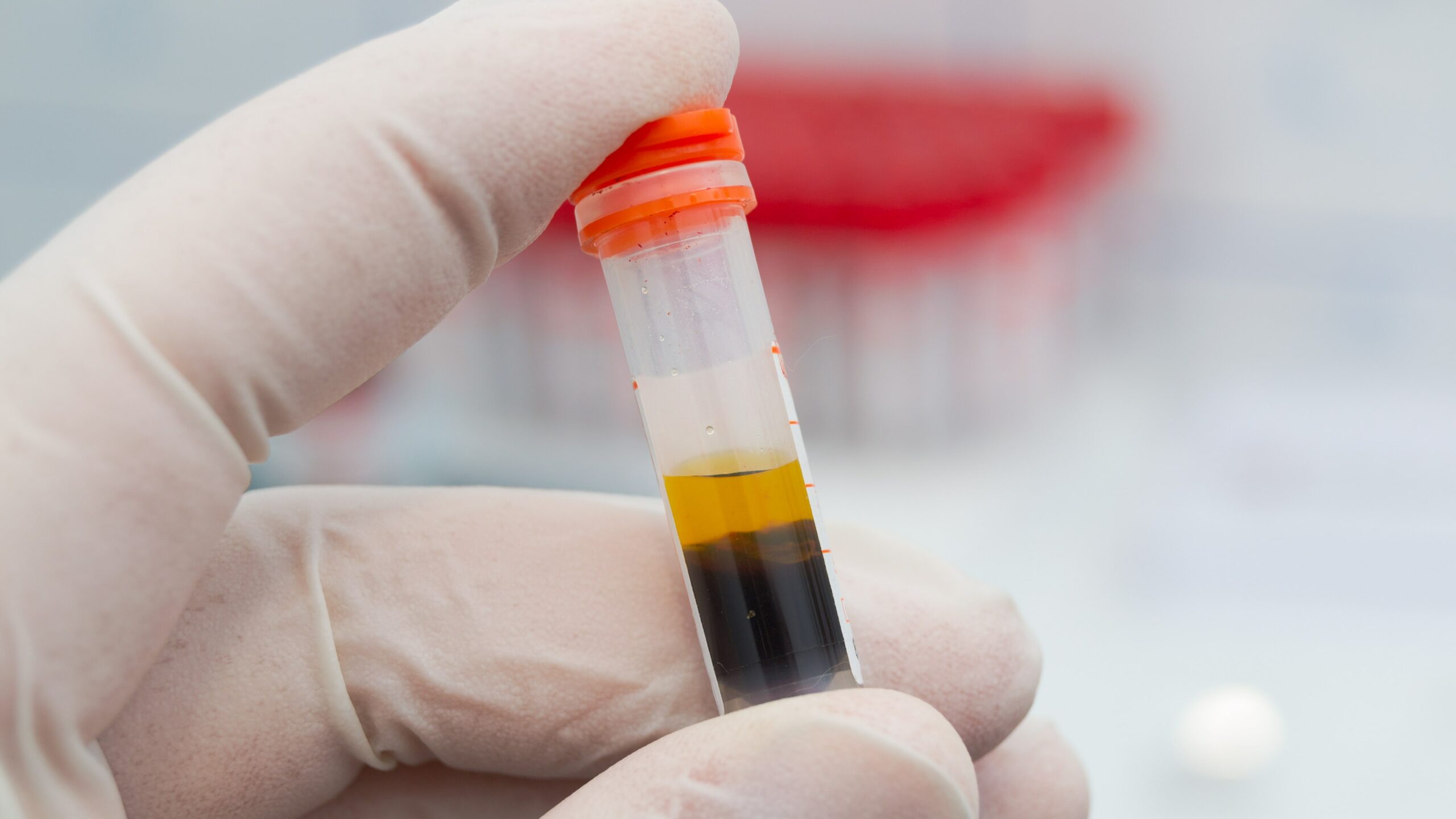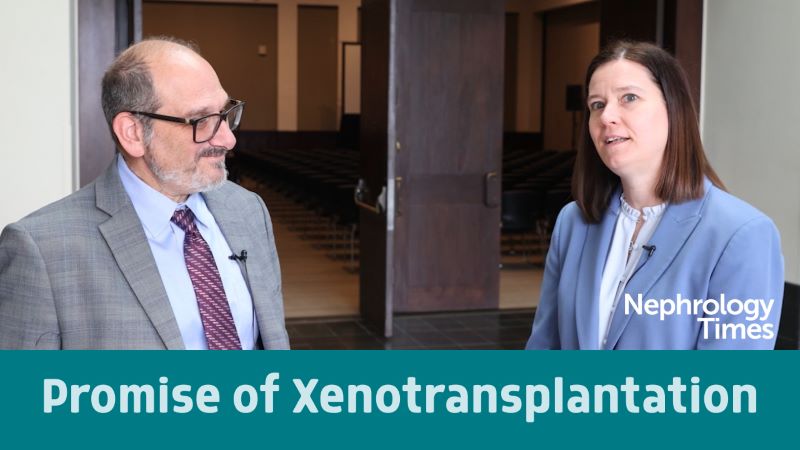
The US Food and Drug Administration (FDA) has granted orphan drug designation (ODD) to UNI-494 for the prevention of delayed graft function (DGF) in kidney transplant (KT) patients. The drug is a cytoprotective agent that prompts an ischemic preconditioning effect by activating KATP channels in mitochondria to restore mitochondrial function.
The FDA grants ODD to agents that have the potential to offer a safe and effective treatment, diagnosis, or prevention of rare diseases that affect fewer than 200,000 people in the United States.
“DGF is one of the most serious complications resulting from kidney transplantation, and we believe that the mechanism of action of UNI-494 is ideally suited for the prevention of this orphan condition,” said Shalabh Gupta, MD, CEO of Unicycive Therapeutics, Inc., which developed the drug.
DGF refers to acute kidney injury that occurs in the first week after KT and requires dialysis intervention. It is one of the most common and serious complications of KT and can cause suboptimal or impaired graft function. DGF is also associated with higher rates of tissue rejection and decreased patient survival. There are currently no FDA-approved drugs for the treatment of DGF.
On March 12, 2024, Unicycive will present data on the efficacy of UNI-494 in animal models of DGF and a poster describing the ongoing phase 1 clinical trial design for UNI-494 in healthy volunteers at the 29th International Conference on Advances in Critical Care Nephrology AKI & CRRT 2024, taking place in San Diego, California.







 © 2025 Mashup Media, LLC, a Formedics Property. All Rights Reserved.
© 2025 Mashup Media, LLC, a Formedics Property. All Rights Reserved.